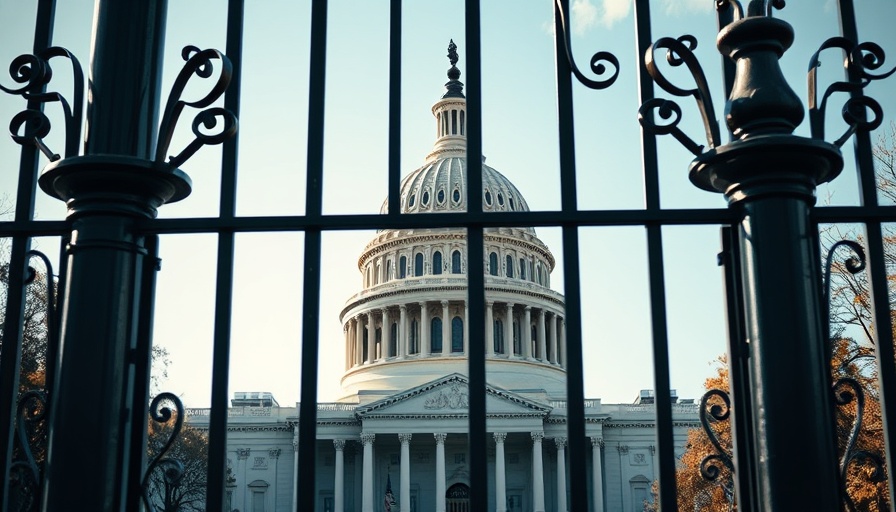
Trump's Demands: No Vacation Until a Spending Agreement Is Reached
In a bold move, President Trump has issued an ultimatum to Congress, insisting that no lawmaker should take a vacation until his proposed "big, beautiful bill" is passed. With the clock ticking down to the July 4 deadline, Trump communicated this pressure directly to Senate Republicans via Truth Social, stating, "Lock yourself in a room if you must, don't go home, and GET THE DEAL DONE THIS WEEK." This assertive stand illustrates the urgency he perceives surrounding this legislation, which aims to significantly modify the current spending landscape.
The Challenges Ahead
As the Senate pushes to reconcile differing factions within the Republican Party, it faces a formidable challenge in aligning Senators on key bill provisions. Issues such as the impact on federal deficits and the state-and-local tax deduction cap (SALT) are hotly debated among party members. Yet, Senate Majority Leader John Thune remains optimistic, asserting that the vote will occur this week, aiming to send the bill to the House promptly for quick passage. However, doubts linger over whether the House will accept the Senate's version, indicating potential hurdles ahead.
Why This Matters to Taxpayers
The outcome of this spending bill is critical not just for lawmakers, but also for taxpayers across the nation. Funding allocations and tax regulations, particularly aimed at small businesses, are at stake. Savvy strategic tax deductions that could benefit taxpayers—ranging from small business tax deductions to general deductions—hinge on a successful passage of the bill. Navigating through these changes is essential for taxpayers looking to optimize their tax planning strategies and lower their taxes efficiently.
Looking Ahead: What Taxpayers Should Know
As the debate unfolds, taxpayers should stay informed about the implications of the upcoming spending bill. The provisions within could mean significant changes to deductions, potentially affecting household budgets for years to come. For those interested in ensuring they utilize all available tax relief options, keeping an eye on this legislation is crucial.
In conclusion, as pressure mounts on Congress, taxpayers and business owners alike should consider how the passage of this spending bill could influence their financial futures. Understanding the nuances of the bill can empower them to make informed decisions regarding their tax strategies. Stay tuned for updates on the bill's progression.
 Add Row
Add Row  Add
Add 




Write A Comment